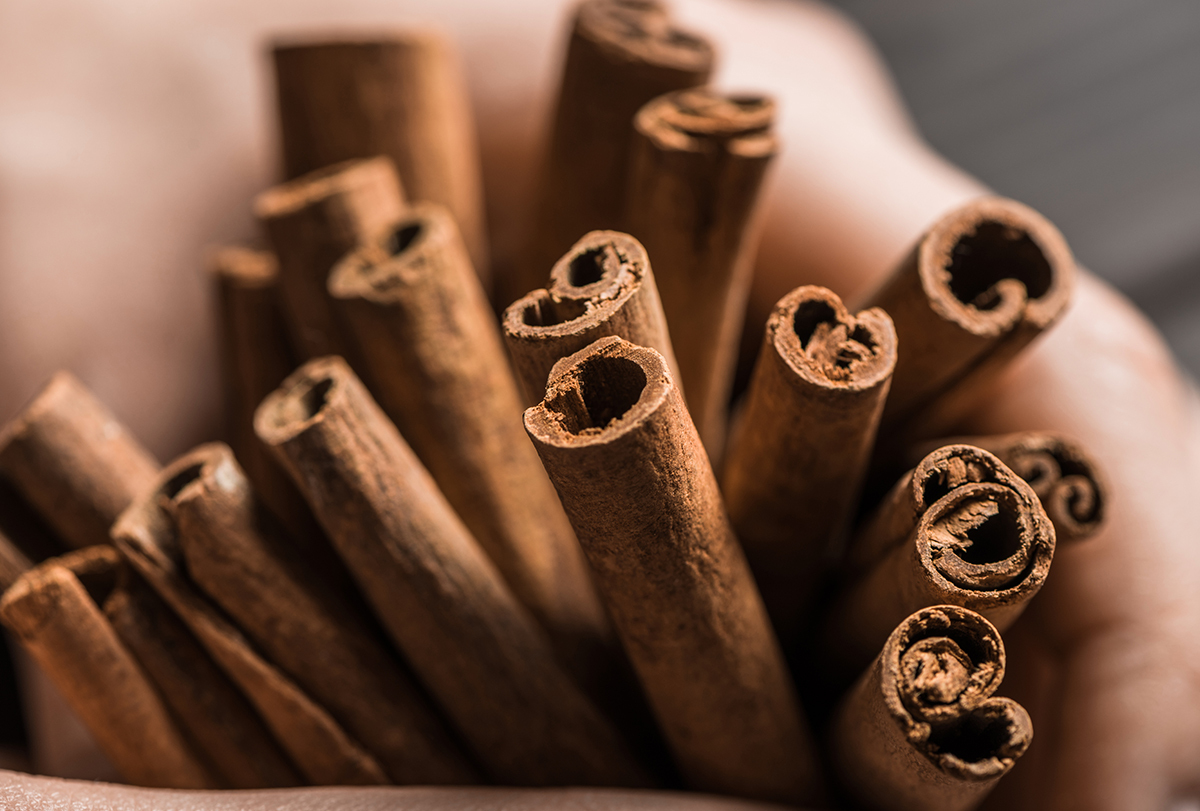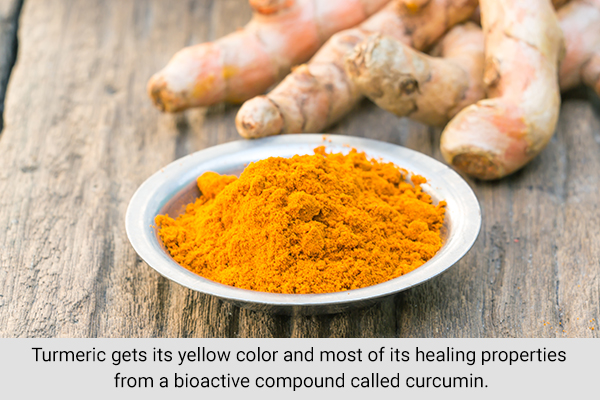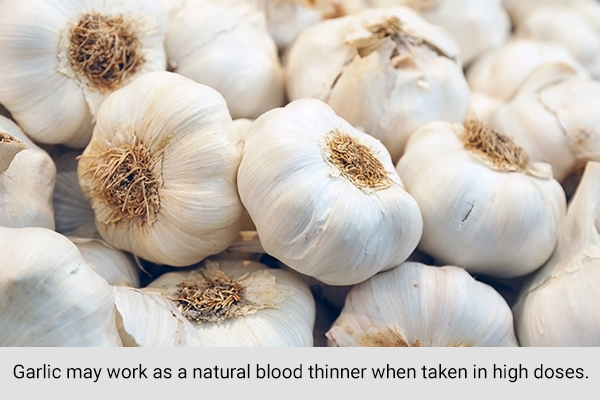In this article:
Trauma or injury can rupture your blood vessels and induce bleeding. The blood that flows out of the vessel tends to thicken within a few minutes and form a semisolid gel-like mass called a blood clot.

This happens because platelets and proteins inside the blood clump together to make it denser. This process is known as coagulation, and without it, the damaged vessel or wound will continue to bleed.
It is only after the bleeding stops that the skin will begin to heal. Superficial blood clots harden over time and shed. Meanwhile, blood clots under the skin dissolve gradually and disappear. However, excessive blood clotting can be dangerous as clots inside blood vessels block the flow of blood to vital organs such as the brain, kidneys, heart, and lungs.
Restricted blood flow can severely damage the organs and can lead to fatal outcomes. This usually happens due to certain blood disorders, for which doctors generally prescribe blood-thinning medications known as anticoagulants. (1)
There are many different types of anticoagulants, but all of them work by curbing the production or activity of certain blood clotting factors. (2) Different types of anticlotting medications work for different conditions. (3) But they are largely derived from chemical formulations that increase the toxic load on your body and can lead to adverse side effects.
To minimize your dependence on such drugs, you may consider trying some natural alternatives but only under the guidance of a healthcare provider.
Natural Ingredients As Blood Thinners
Over 30% of FDA-approved anticoagulants are made up of plant-based compounds. (4) Thus, using these compounds in their organic form may also engender a blood-thinning effect to disrupt coagulation. (5)
Here is a list of natural anticoagulants that you can try.
Disclaimer: Before taking any of these natural blood thinners, you must consult a healthcare provider to learn about the correct dosage and prevent potential side effects.
1. Turmeric

Turmeric gets its yellow color and most of its healing properties from a bioactive compound called curcumin. Besides being a powerful antioxidant, this polyphenol has a natural propensity to inhibit blood clotting when consumed in substantial amounts. (6)
Note: Medicinal intake of turmeric may cause blood thinning, which is why it is important to inform your doctor about it when going for a checkup, especially if you are planning to undergo surgery. Patients are asked to stop taking turmeric at least 2 weeks before the scheduled surgery. (7)
2. Cinnamon
Cinnamon exhibits natural anticoagulant properties that can be traced back to one of its phenolic compounds called coumarin. (8) Coumarin hinders the production of vitamin K in the body; this vitamin is needed to make proteins that enable blood clotting. (9)
Coumarin is particularly abundant in cassia cinnamon and is routinely used for making blood-thinning medications such as warfarin.
Note: Consuming large amounts of cinnamon can damage your liver, (10) so it’s best to consult your doctor or healthcare provider for the correct dosage.
3. Ginger
Ginger may induce a blood-thinning effect, but the exact mechanism and validity of this claim still need to be substantiated by proper research. (11)
So far, only one case study found excessive ginger intake to increase the potency of oral anticoagulants such as warfarin, which made the patient more susceptible to bleeding. (12) This would suggest that ginger can potentially interact with other blood thinners to further inhibit the coagulation of platelets and formation of blood clots.
More studies are needed to understand the physiological effect of ginger on blood clotting.
Note: High doses of ginger can interact with blood-thinning medication and increase the risk of bleeding. So, if you are taking an anticoagulant, including aspirin, don’t consume ginger in large amounts. (13)
4. Garlic

Garlic may work as a natural blood thinner when taken in high doses. This anticoagulant potential can be attributed to two of its main bioactive compounds, allicin (12) and ajoene. (14) They curb platelet aggregation, slowing down the formation of blood clots, and intensify the potency of anticoagulant drugs.
Garlic supplements that contain high amounts of these components will have a strong blood-thinning effect. Since oil-macerated garlic contains the most ajoene, it exhibits the highest potency in this regard.
5. Vitamin E
Vitamin E is an essential nutrient that has shown some degree of anticoagulant and antiplatelet activities, especially in people with a vitamin K deficiency. (15) Vitamin K is used by the body to manufacture proteins that make your platelets clump together to facilitate blood clotting.
High doses of vitamin E inhibit vitamin K synthesis, hampering platelet aggregation. This prevents your blood from becoming thick and coagulating.
However, if you are already taking oral anticoagulants or antiplatelet medications and run low on vitamin K, refrain from vitamin E supplementation. This is because vitamin E can enhance the blood-thinning effect of these drugs and put you at an increased risk of bleeding. (16)
Vitamin E is abundantly found in a variety of foods such as spinach, collard greens, avocado, beets, sunflower seeds, whole grains, almonds, peanuts, and wheat germ oil. (17) You can also get concentrated amounts of this nutrient through supplements.
Since vitamin E is a fat-soluble vitamin, the body uses the amount it needs and stores the excess. Too much of it inside the body can be harmful, so you need to watch your intake. (18)
It is said that you may need more than 400 IU of vitamin E daily to produce a notable blood-thinning effect, (19) but it’s best to consult a healthcare provider for the correct dosage.
Who Takes Anticoagulants?

Blood thinners are generally prescribed for the following conditions: (20)
Final Word
The above-listed dietary ingredients may exert some blood-thinning effects when taken in recommended amounts and can therefore be used to prevent unwanted blood clots.
However, there isn’t enough research to conclusively establish the safety, efficacy, and mechanism of these natural blood thinners. It’s highly advised to consult your healthcare provider before trying any of them.
- Was this article helpful?
- YES, THANKS!NOT REALLY


